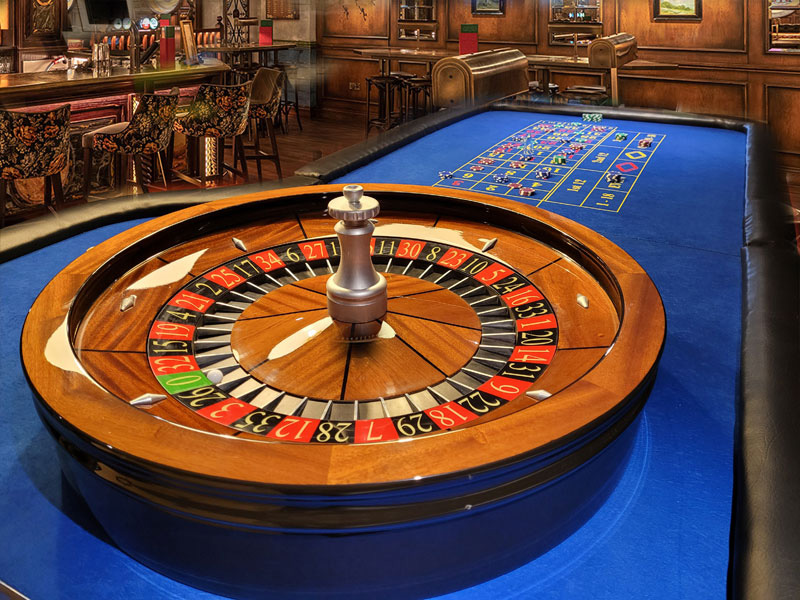
Casino games have long captured the fascination of people around the world, becoming an integral part of both fun and tradition. From the sparkling lights of the Vegas Strip to the immersive experience of online gaming, these games evoke excitement, risk, and sometimes even a sense of sentimentality. They are not just just entertainments; they have woven themselves into the tapestry of human experience, influencing various aspects from film and music to style and books.
The appeal of casino games goes beyond the betting aspect, tapping into broader themes of luck, chance, and human behavior. As players assemble around a poker table or turn the wheel of fortune, they engage in an ancient ritual that echoes with our collective desire for excitement and uncertainty. This captivation has led to the emergence of countless references in films, songs, and video games, showcasing how intensely entrenched these activities are in popular culture. Whether it is the pressure of a classic heist movie or the colorful nightlife portrayed in music videos, casino games have established a substantial role that reflects our bond with reward.
Social Importance of Gambling Activities
Gambling games have played a key role in social contexts throughout the ages. Stemming from old civilizations, games of chance were often linked to ceremonies or events. For instance, early forms of these activities can be traced back to historic Chinese and the Romans, where dice games and wagering on outcomes were common pastimes. These activities not only served as entertainment but also as means of connecting people, facilitating connections among individuals within communities.
As cultures evolved, so did the sophistication and organization of gambling games. The establishment of formal casinos in the 17th century, particularly in the Italian region, marked a significant shift in how games were viewed and structured. With specific spaces for gambling, the casino became a social hub where people from different backgrounds convened. This evolution contributed to the validation of gambling, transforming it from a mere pastime into an established industry that shaped the economy and regulations.
The effect of gambling games on popular culture cannot be overlooked. As they were popularized in literature and film, games such as Texas Hold’em and 21 became icons of chance, luck, and tactics. Famous figures and stories have emerged around these games, reflecting societal views towards fortune, prosperity, and vice. This interest with casino games has permeated various forms of entertainment, cementing their status in the collective consciousness and connecting them to wider cultural narratives throughout the ages.
Representation of Gambling Games in Media
Casino activities have long been a popular topic in various forms of media, reflecting both the fascination and complexities of gambling culture. Films such as Ocean’s 11 and Casino Royale portray figures who navigate dangerous scenarios, showcasing not only the attractiveness of the gambling environment but also the strategies and decisions that come with playing popular games like poker and 21. These movies often dramatize the thrill of winning and the potential repercussions of losing, encapsulating the perils involved in betting.
TV programs have also explored the universe of gambling activities, often integrating them into the plot as a setting for character development and tension. Shows like Vegas depict the stories of casino workers and casino-goers, highlighting the vibrant, often tumultuous energy of the casino floor. Reality shows featuring intense betting contests further emphasize the fascination of gambling activities, drawing viewers into the drama and tactics involved in each session. Through these representations, media not only engages but also stimulates conversations about fortune, expertise, and the nature of randomness.
Gaming have increasingly included casino games into their design, allowing players to recreate the feeling of gambling without monetary loss. Titles within the landscape of digital gaming often include online slot machines, online poker, and other casino favorites, creating an engaging environment that mirrors traditional gambling. These digital representations make gambling activities accessible to a global audience, appealing to both risk-takers and those who enjoy the excitement of virtual experiences. As a consequence, the portrayal of casino games in media continues to shape societal views and cultural relevance, highlighting their function in entertainment and the cultural landscape.
Impact of Casino Games on Society
Gambling activities have a meaningful effect on society, affecting various aspects of societal norms and social behavior. They often function as a venue for social interaction, where people come together to experience a common activity. Game nights with friends or visits to casinos become group events that build connections and create shared moments. This communal aspect boosts the entertainment value of casino games, making them a popular choice for festivities and recreational pursuits.
Additionally, casino games have been depicted in numerous films, television shows, and literature, shaping views and opinions towards gaming and gaming. Okking Icons like James Bond playing baccarat or the intense poker scenes in films have embedded these games in the collective imagination. This representation often idealizes the culture associated with casino activities, attracting new players and influencing trends in both fashion and conduct. These portrayals can spark curiosity and lead to a deeper exploration of the nuances of gambling.
Nonetheless, there are also negative implications linked to the popularity of gambling activities. The temptation of quick monetary gain can lead to gambling addiction and financial troubles for some individuals. The community must contend with these consequences, promoting responsible gambling and awareness of the risks involved. Balancing the fun aspect of casino games with the potential for harm is crucial to ensure that they remain a beneficial aspect of our cultural landscape.